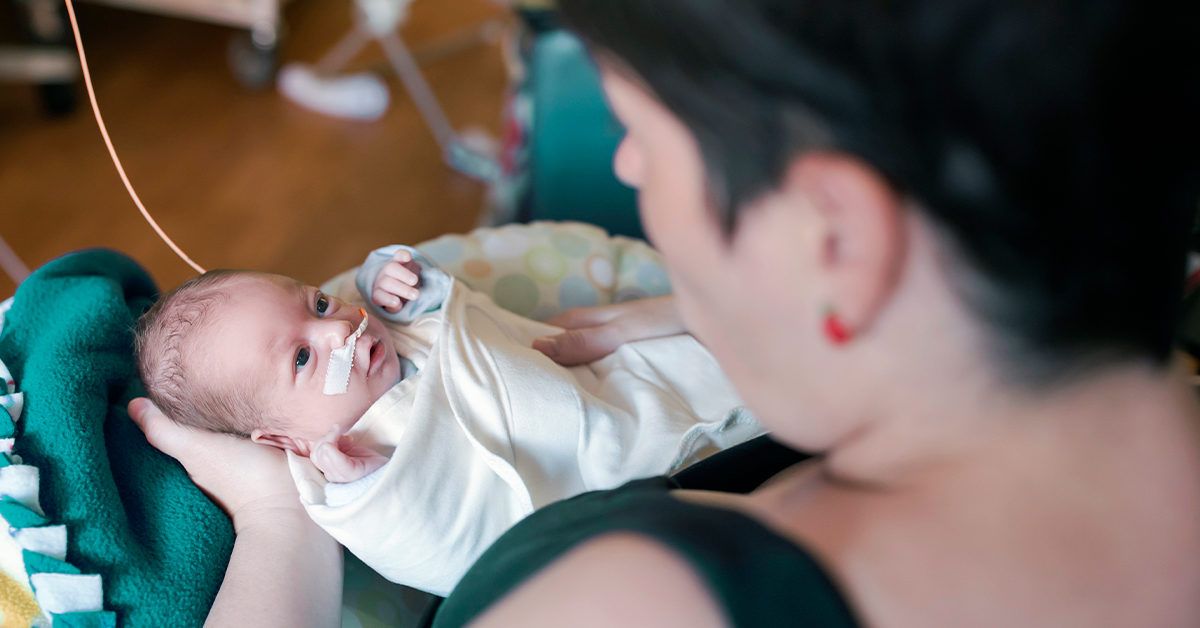Emily Lake
Might be a replicant
- Joined
- Jul 7, 2014
- Messages
- 8,617
- Location
- It's a desert out there
- Gender
- Agenderist
- Basic Beliefs
- Atheist
I have answered your stupid question so many times I've lost track. Stop lying and pretending I haven't answered it. I have given you an answer many many times, in depth, with all of the reasons included.Any amount that imposed less death than it causes.What's your acceptable amount of murder?
Apology accepted. My handicap is so evident that it causes you to go blind apparentlyYou're only still waiting because you either don't read what is posted... or your age is affecting your cognition, in which case I apologize for picking on the handicapped.
So I might conclude that your hidden answer to a yes/no question is only hidden from ME because of MY senility?
Right, it cannot be because of Emily’s dishonest reticence to provide straightforward answers to simple questions. Silly me.
There are words for people who demand answers, and once provided, refuse to answer those same questions themselves.
ASSHOLE comes to mind, but I’d never call a “lady” an asshole.
I’ll just sit here and watch her tie herself in knots trying not to express the underlying condition that causes her to want late term pregnancies to be subject to legislators.
I’m sorry for your lack of ability to express your contorted “position”. I put it down to the contortion rather than than your lack of mastery of American English.you are BLATANTLY mischaracterizing my views.
Yeah yeah. Repeating that stupidity doesn’t get your fav politician out of the exam room, Emily.an infant that will most likely survive outside the womb counts as a people.
He’s only there to decide if the fetus is “most likely” viable.
YOUR chosen Xpert.
If your congresscritter says it’s viable, it’s a person. Got it. Can’t trust the doctor because doctors are more likely to be on the take or ideologically driven than politicians are.
Fuck that shit Emily. Even YOU can do better.
If you can’t answer the question without the help of a politician, you can’t answer the question “is a fetus a person?” to any practical end.
Your position, in summary is “I’m too much of a weenie to commit to an answer”.
“Views” my ass.
Stop making up shit that I have never said nor implied and attributing it to me.

